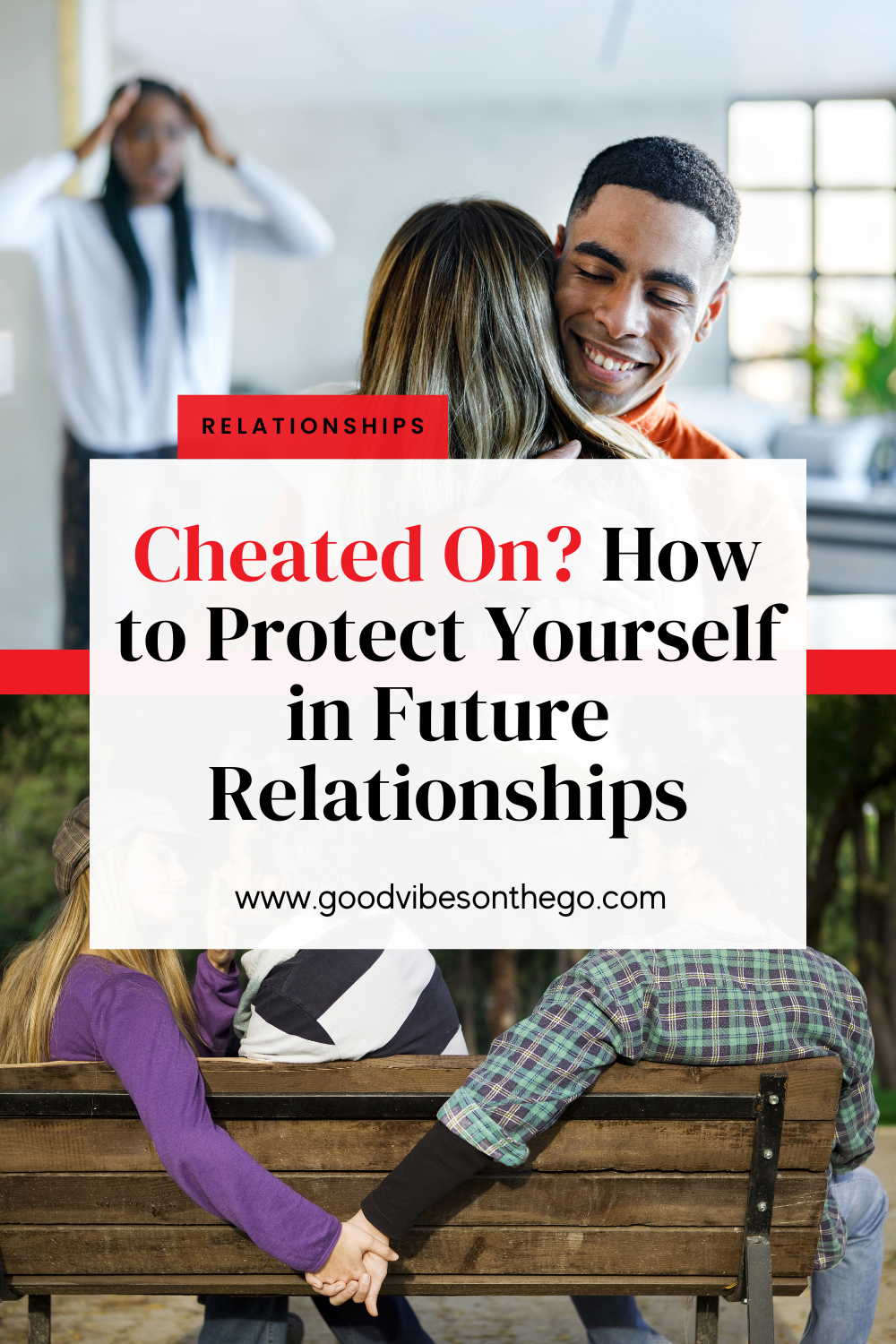
Discovering that you’ve been cheated on is a heartbreaking experience that can leave you questioning everything you thought you knew about love and trust. But once you’ve gone through it, something shifts. You learn how to protect yourself in relationships by sharpening your intuition and spotting the red flags you used to ignore. In a way, it’s like you become your own personal FBI agent, investigating behaviors, understanding patterns, and protecting your heart in future relationships.

Here are some tips on how to protect yourself and avoid repeating the same painful cycle.
1. Trust Your Gut – It Knows More Than You Think
Your intuition is your inner guide, and after being cheated on, it often becomes even stronger. If something feels off, don’t dismiss it. That lingering doubt or unexplained anxiety could be a sign that something isn’t right. Of course, it’s important not to become paranoid, but learning to distinguish between genuine concern and irrational fear will help you make better decisions moving forward.
Tip: When you have a gut feeling that something is wrong, don’t hesitate to communicate your concerns with your partner. Have an open and honest conversation without accusing them. Just say, “I feel uncomfortable about…” and see how they respond.
2. Observe, Don’t Obsess
While it’s natural to be more cautious after being hurt, there’s a fine line between paying attention and obsessively investigating. You can observe changes in behavior, tone, or daily routine, but resist the urge to comb through every message or stalk social media relentlessly. If you find yourself constantly “investigating,” it may be a sign that the relationship isn’t healthy, or perhaps you need more time to heal.
Tip: Set boundaries for yourself. For example, limit the time you spend checking up on your partner online or snooping through their phone. If you catch yourself crossing that boundary, take a step back and assess whether your fears are warranted or if you’re letting past experiences dictate your present.
3. Communicate Your Boundaries Early On
When starting a new relationship, it’s crucial to set your boundaries from the beginning. Explain what is acceptable behavior and what isn’t, and share how important loyalty is to you. This sets the tone for what you expect and helps your partner understand how to navigate the relationship respectfully.
Tip: Try saying, “Trust and honesty are very important to me because of my past experiences. I’m committed to being open and loyal, and I hope we can both prioritize this moving forward.”
4. Trust, But Also Verify
“Trust, but verify” is a principle worth adopting. It’s not about accusing your partner of wrongdoing but rather being aware and understanding that trust needs to be earned over time. In the initial stages, there’s no harm in paying attention to any inconsistencies or mismatched stories.
Tip: If your partner tells you something that seems off, pay attention to how they talk about it later. Consistency is key. If there are discrepancies, don’t be afraid to revisit the topic calmly and see how they respond.\
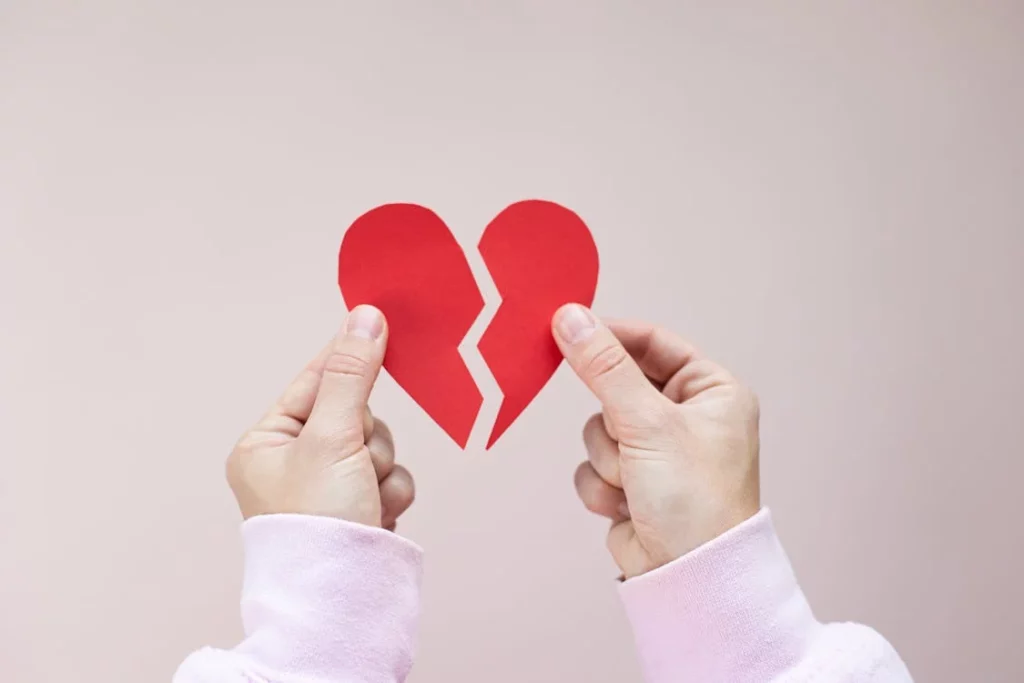
5. Don’t Ignore Red Flags
One of the most important lessons learned from being cheated on is the ability to spot red flags. Some signs are subtle, such as sudden changes in behavior, secretive actions, or gaslighting tendencies. Don’t dismiss red flags in the hopes that things will get better. It’s better to address them early on rather than wait until they spiral into something more harmful.
Tip: Make a list of behaviors that were present during your past experience of being cheated on. If similar patterns arise in your new relationship, address them immediately.
6. Self-Care is Not Optional
Being cheated on can take a toll on your self-esteem and mental health. If you enter a new relationship before healing properly, you may find it difficult to trust even the most loyal partner. Take time for self-care, therapy, or whatever it is that helps you build your confidence back up.
Tip: Journaling can be a powerful tool to express your emotions and reflect on your progress. It helps you understand your triggers and provides insight into whether your concerns in a relationship are legitimate or rooted in past trauma.
7. Don’t Bring Old Baggage Into New Relationships
It’s easy to carry the weight of past betrayals into new relationships, but this can sabotage your chances at happiness. Understand that not everyone is the same, and just because you were cheated on once doesn’t mean it will happen again. Give new partners the benefit of the doubt while still maintaining healthy boundaries.
Tip: Whenever you feel anxiety or doubt creeping in, remind yourself that this is a new person and a new situation. Practice positive affirmations to reinforce your belief that you are deserving of a healthy and loyal relationship.
8. Prioritize Emotional Independence
Even in the most loving relationship, emotional independence is important. Having a life outside of your relationship, such as hobbies, friends, and personal goals, helps keep your sense of self strong. If things go wrong, you won’t be left feeling lost because your whole world isn’t built around your partner.
Tip: Set aside time each week for activities that bring you joy and fulfillment that don’t involve your partner. This will strengthen your sense of self and reduce the likelihood of becoming overly dependent on the relationship for happiness.
9. Don’t Feel Guilty About Your Guarded Heart
Having a guarded heart after being cheated on is a natural defense mechanism, and you shouldn’t feel ashamed about it. It doesn’t mean you’re incapable of love; it simply means you’re careful about whom you give your heart to.
Tip: Allow yourself to open up gradually, on your terms. If a partner tries to rush the process, communicate that you need to take things slow to feel secure.
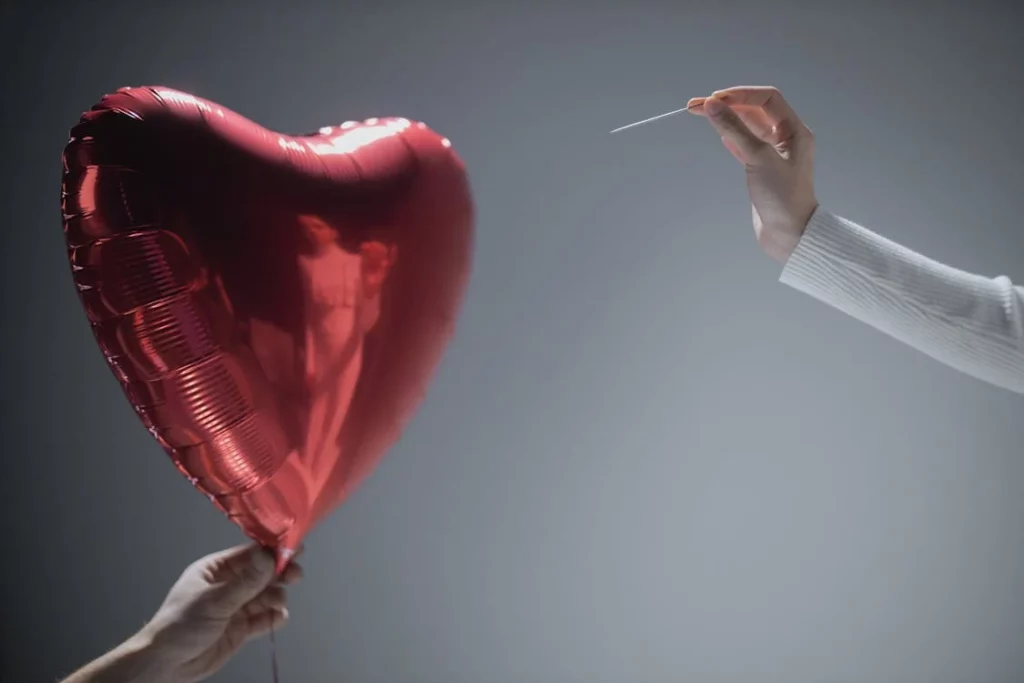
It’s true—once you’ve been cheated on, you become your own FBI agent, constantly assessing and questioning things that most people would overlook. However, this doesn’t have to be a negative trait. If approached correctly, it can help you set stronger boundaries, foster healthier relationships, and protect your heart from repeating past mistakes. Remember, it’s okay to be cautious, but don’t let your past define your future.


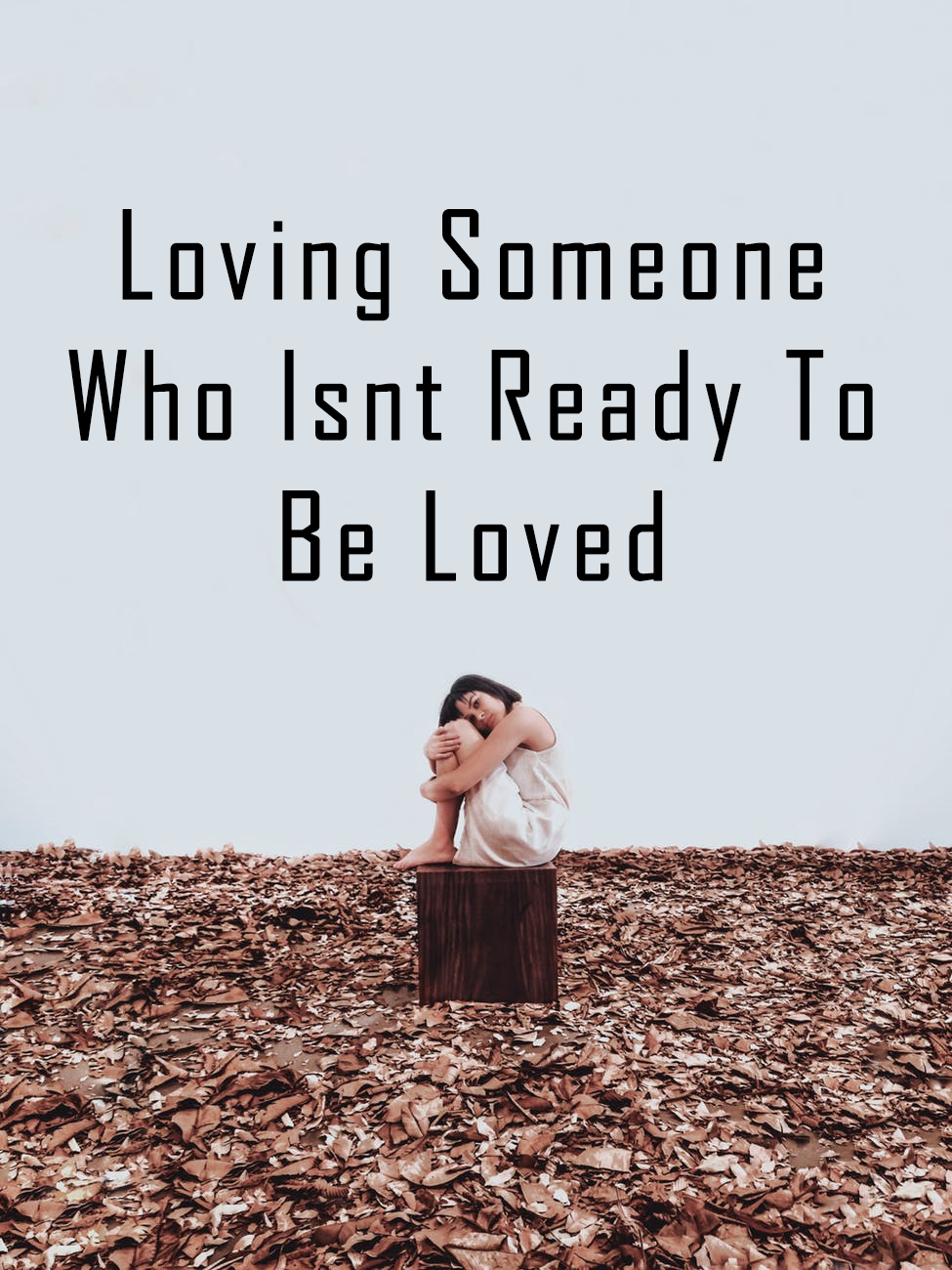
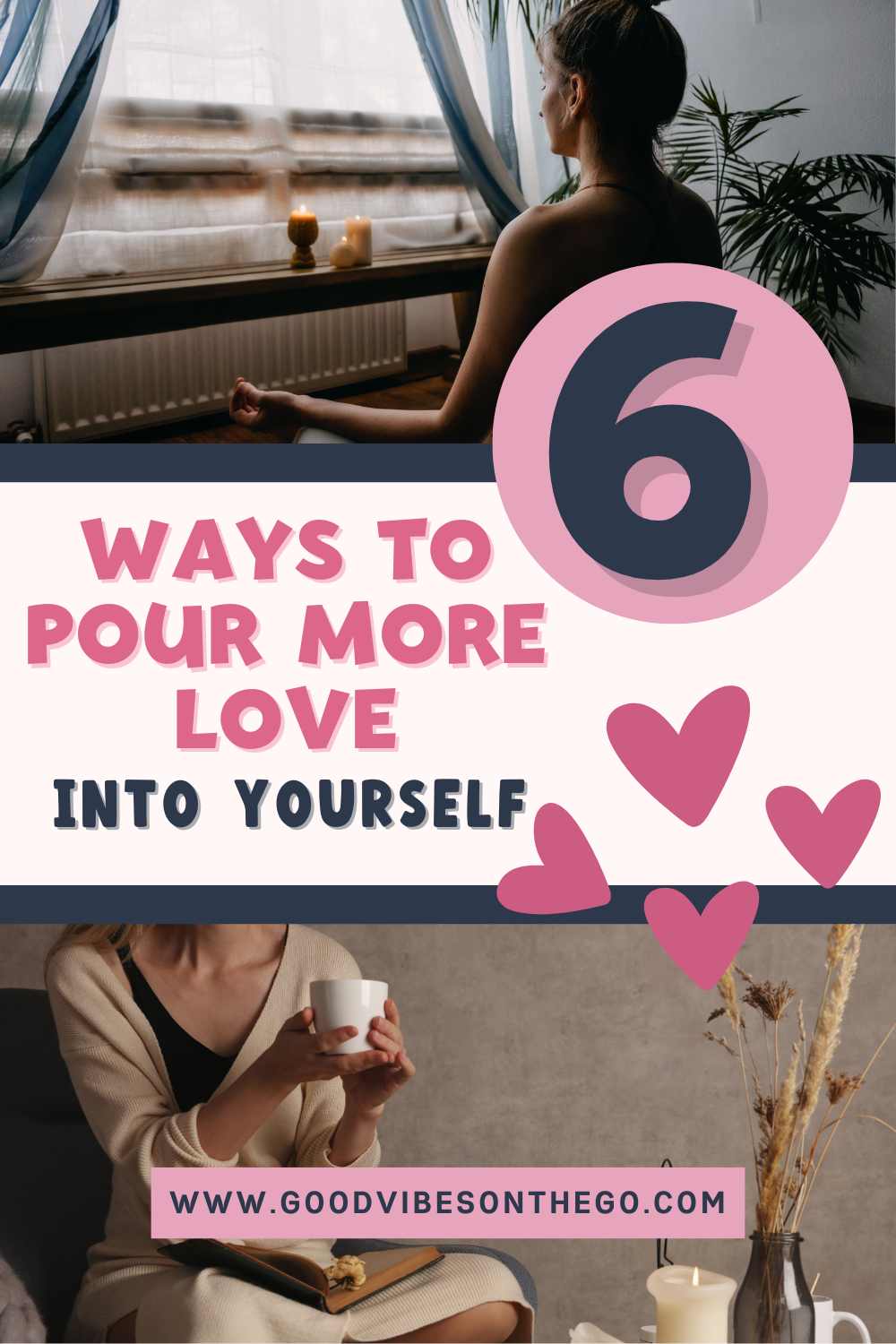
Leave a Reply